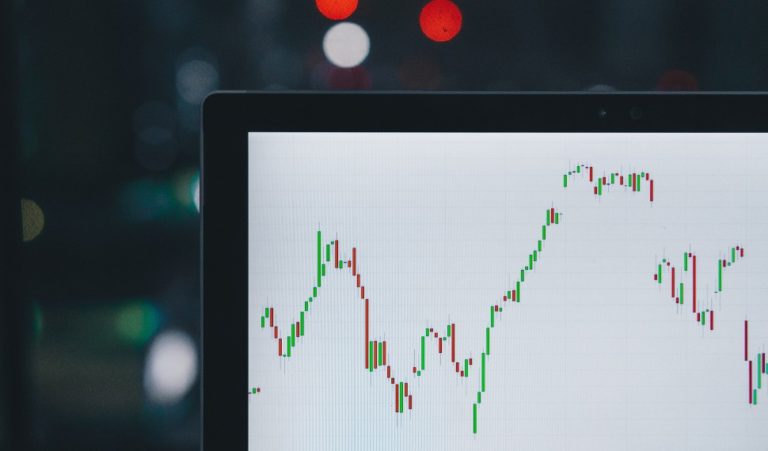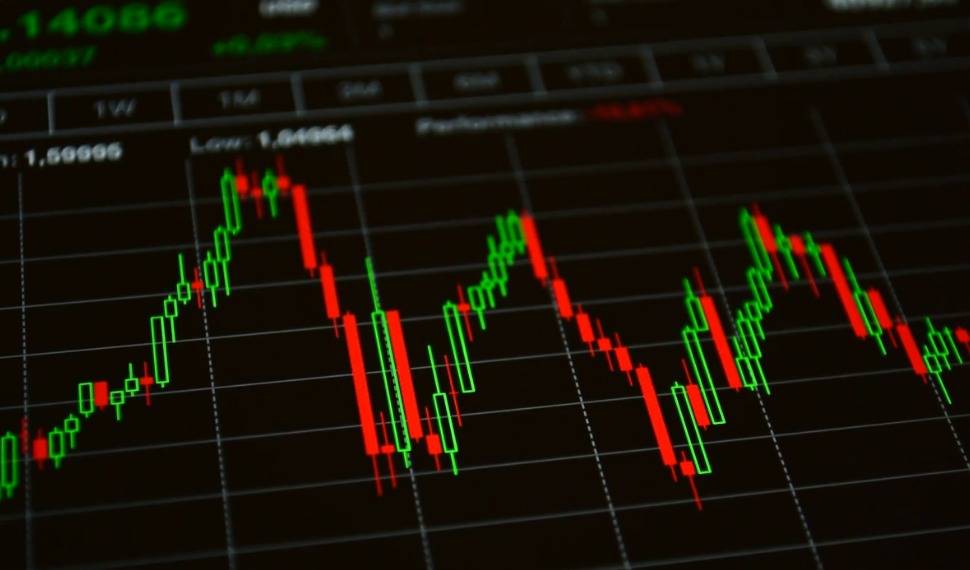How AI and ChatGPT will affect the Stock Market in the Future
HOME > Single Post
top donate
- PhuckUp
- LaurenShayLa
- YoDamn
- JasonFi
wanted to became top donate ?

This site contains affiliate links to products. We may receive a commission for purchases made through these links.
What is ChatGPT?
Welcome to FrankLegend.com where we review the most viral content online.
ChatGPT, also known as the Generative Pre-trained Transformer, is a powerful language generation model developed by OpenAI. It has been used in a wide range of applications, from automated content creation to natural language processing. Recently, ChatGPT has been gaining popularity among users as a tool to enhance every aspect of their life and in this article we will analyze the above video about AI super intelligence and how it can change the financial markets in the future.
The Future of AI in Financial Markets: A Look at 2023-2060
Artificial intelligence (AI) is transforming the world in numerous ways, and financial markets are no exception. As we move further into the future, advancements in AI technology are expected to revolutionize financial markets and change the way we invest, trade, and manage risk. In this article, we will take a look at the major advancements in AI technology from the years 2023 to 2060, and how they are expected to affect financial markets.
In the early 2020s, AI was mainly used in financial markets for automated trading, risk management, and fraud detection. However, as the years went by, AI technology advanced rapidly, leading to new and innovative applications in financial markets. In 2023, the first quantum computing-powered AI trading systems were introduced, giving traders a significant edge in the market.
By the year 2030 AI is expected to be extensively used for portfolio optimization and asset allocation. Investors could specify their investment objectives, risk tolerance, and other preferences, and the AI system could generate a customized portfolio that meets their requirements. In 2035, AI-powered robo-advisors become mainstream, allowing retail investors to access sophisticated investment strategies and financial advice.
In 2040, the first decentralized autonomous organizations (DAOs) powered by AI are established, allowing investors to participate in decentralized investment funds that are managed by smart contracts. By 2050, AI has become ubiquitous in financial markets, with almost all financial institutions using AI in some capacity, from back-office operations to front-office trading and risk management.

The increasing use of AI in financial markets is expected to have a significant impact on market efficiency, liquidity, and volatility. With the ability to process vast amounts of data and identify complex patterns, AI can help investors make better-informed decisions and reduce the impact of irrational behavior and emotional biases. This, in turn, is expected to increase market efficiency and reduce volatility.
In addition, AI is expected to revolutionize risk management in financial markets. With the ability to analyze vast amounts of data in real-time, AI-powered risk management systems can help financial institutions identify and mitigate risks more effectively. This, in turn, is expected to reduce the frequency and severity of financial crises.
On the other hand, the increasing use of AI in financial markets could also lead to new types of risks. For example, the use of AI in automated trading systems could lead to a “flash crash” if the system is not properly calibrated or if the market conditions change unexpectedly. Moreover, the use of AI in portfolio optimization and asset allocation could result in the formation of bubbles or herding behavior, as the same algorithmic strategies are applied to a large number of portfolios.

The advancements in AI technology in financial markets are expected to generate new ideas and opportunities for investors and entrepreneurs. One of the most exciting opportunities is the creation of new financial instruments and markets. For example, AI-powered prediction markets can be used to predict the outcome of future events, such as elections or sports matches, and offer investors the opportunity to bet on the outcome.
Another area of innovation is the creation of new investment vehicles. For example, AI-powered exchange-traded funds (ETFs) can be designed to track customized investment themes, such as renewable energy or smart cities, and adjust their holdings in real-time to reflect changes in market conditions. This, in turn, can provide investors with exposure to new investment opportunities and reduce their exposure to risk.

However, with the continued development of AI, there are also concerns about its potential impact on the job market. With machines able to perform tasks that previously required human input, it is inevitable that some jobs will become redundant. While this is a concern, it is important to remember that AI is not a replacement for human creativity and intuition. Rather, it is a tool that can be used to augment our abilities, making us more efficient and effective in our roles.
In addition, there is also the issue of data privacy and security. As more and more data is generated and processed by AI, there is a risk that sensitive information could fall into the wrong hands. To mitigate this risk, it is important for companies to invest in robust data security measures, including encryption, firewalls, and intrusion detection systems. (Hint hint, Cyber Security will be huge money in the future.)
As we look towards the future, it is clear that AI will continue to play an increasingly important role in the financial industry. While there are challenges to be addressed, the potential benefits of AI in terms of increased efficiency, improved decision-making, and enhanced profitability are too great to ignore. As such, it is essential for companies and investors alike to keep abreast of the latest developments in AI and to embrace this technology as an opportunity rather than a threat.

Final Thoughts
In conclusion, the future of the financial industry is looking brighter than ever, thanks in large part to the continued development of AI technology. From high-frequency trading to robo-advisors, AI is providing new opportunities for investors and traders to make informed decisions and generate profits. However, with the benefits come challenges, including the potential impact on the job market and concerns over data privacy and security. As such, it is important for the industry to take a proactive approach towards addressing these challenges, while continuing to embrace AI as a transformative tool that can help us achieve our financial goals. With this mindset, the future looks bright for investors and companies alike.
With the growing popularity of ChatGPT, we can expect to see even more innovative uses of this technology in the future. Please keep in mind this article will have a follow up with more content that can help readers learn other ways to use ChatGPT for business use and or create content that can help us understand the usage of AI and how it will affect us in the future.

